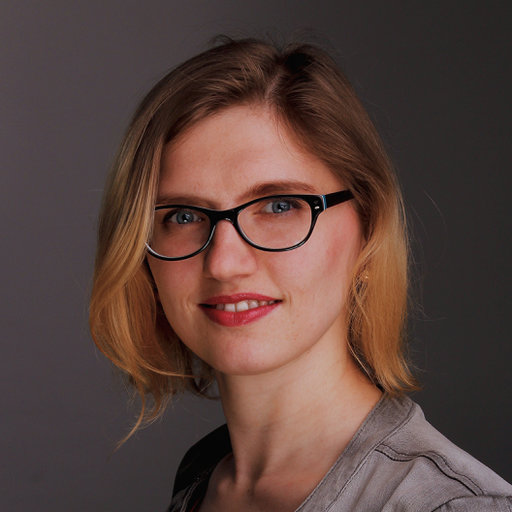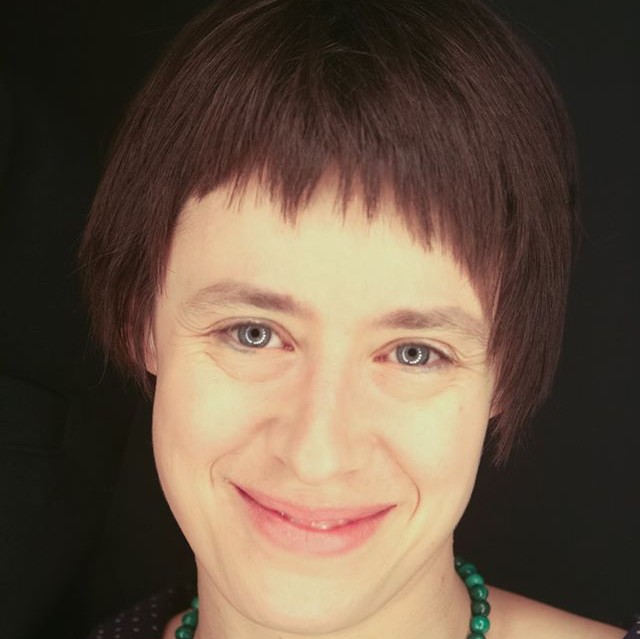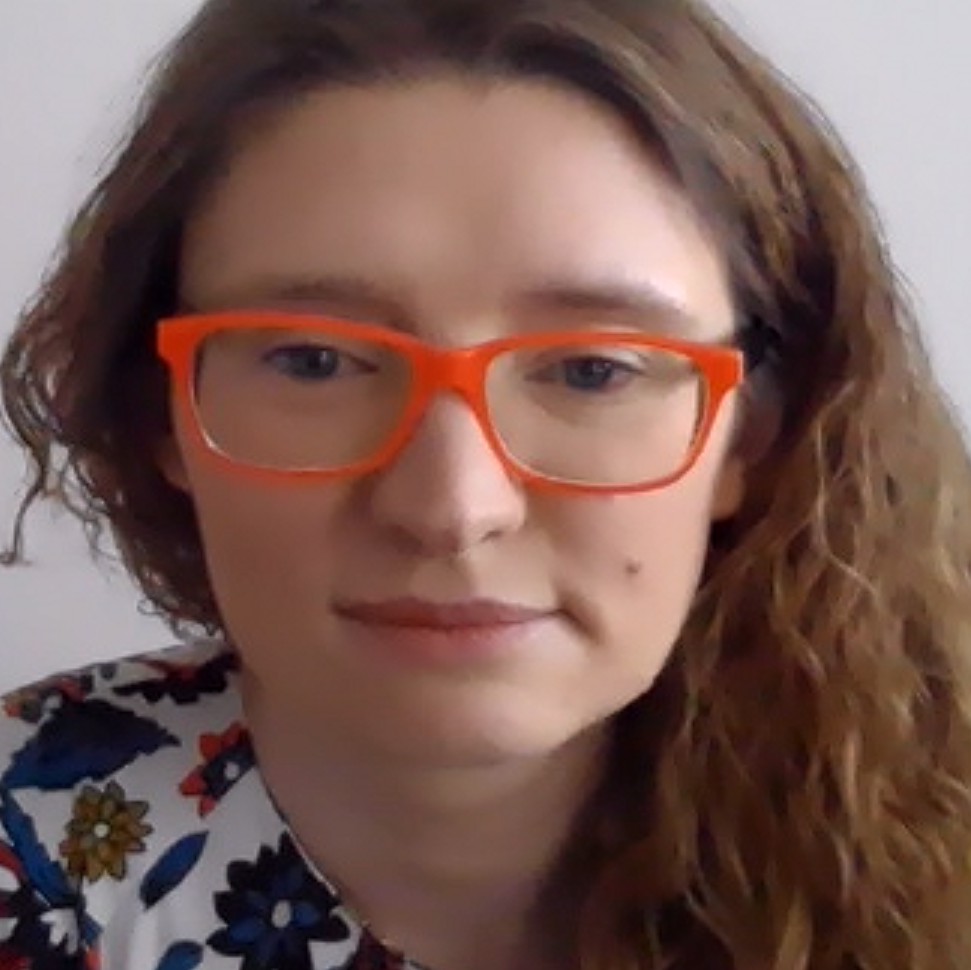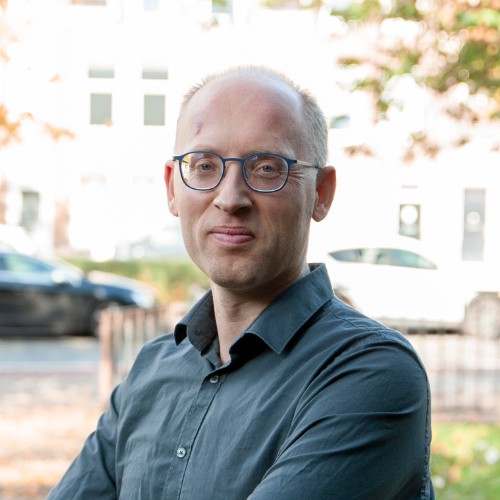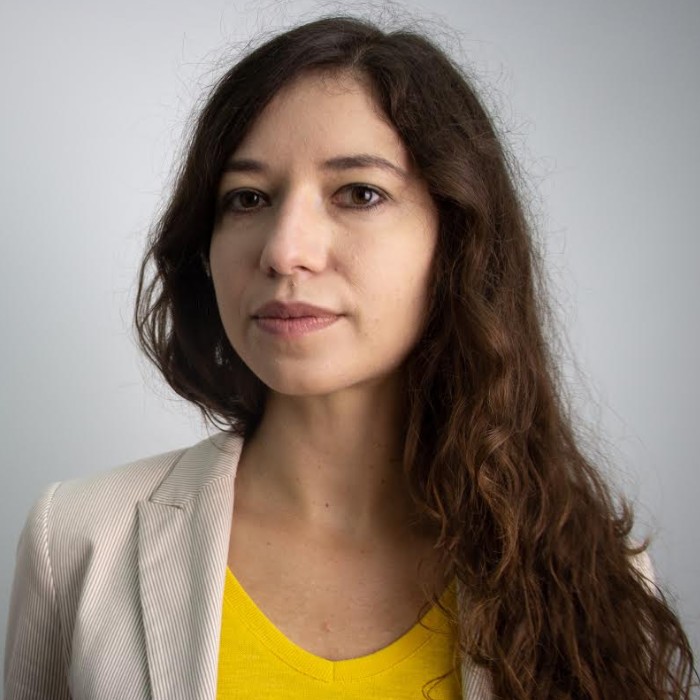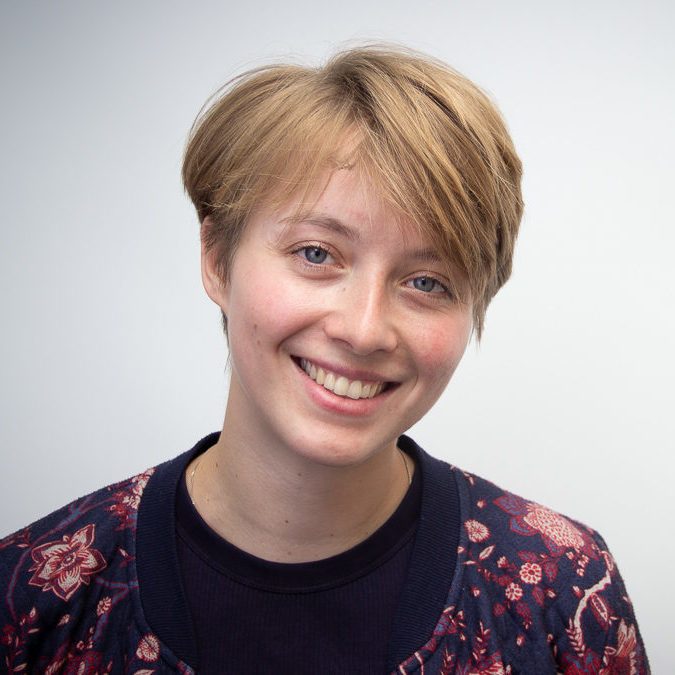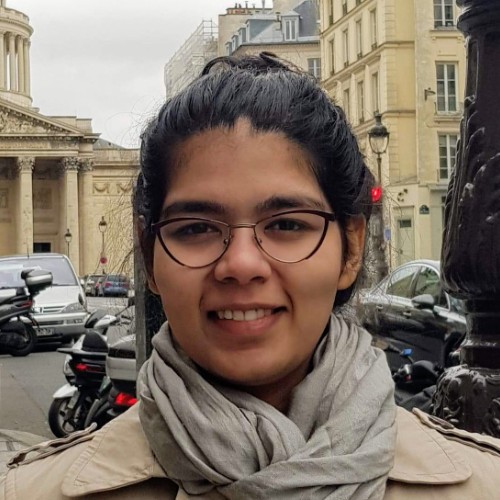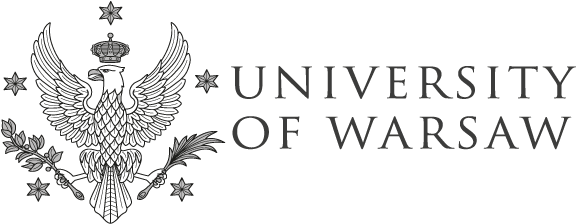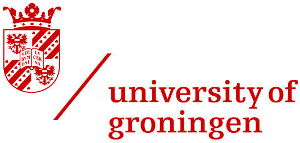An interactive open online course on computational social science
Find out more about the project and explore the course and its modulesAbout the project
With an increasingly turbulent society, the demand for social scientists who are capable of analysing behavioural dynamics using computational methods is rising. ACTiSS – Action for Computational Thinking in Social Sciences is an educational project aimed at fostering the development of computational thinking among social science students and young professionals. The University of Warsaw together with the University of Groningen and the Alexander von Humboldt Institute for Internet and Society has developed a program of Massive Open Online Courses (MOOCs) that combines academics expertise and real-world examples in which computational models are used to analyse societal processes.
The project aims to promote students’ computational skills and reduce barriers to computational thinking. All digital training and teaching materials are freely available to learners and teachers.
If you want to learn, visit the digital education platform FutureLearn and start improving your computational social science skills right away. You will find a couple of short comprehensive course modules combining short videos, interactive exercises, article steps and quizzes. You can find short descriptions and trailers of the courses below.
If you are a teacher and would like to use the materials in your classes, you can find (and download) all educational materials below: videos on YouTube, course curricula, short texts, quizzes.
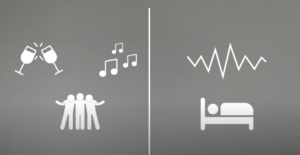
We show social dynamics by using simple animations and other visuals
The courses
In order to make it easier for the learners to explore how computational approach works, we developed a set of simple models and simulations. Below you can find NetLogo models that you can use, either for learning, or for teaching. You can just click on the models and experiment with them right away, but it’s best to use them together with course materials for a certain course. In the course materials (below) you will find more information about the models, introductory texts, exercises and discussion questions related to the models.
Below you can find materials that you are free to use in your own teaching. It’s a series of short modules that gives “a peek over the fence” built of fears, stereotypes and lack of practice. We supplement these materials with some practical guidelines, where we’ve gathered some tips and tricks on how to bring computational topics into the classroom.
Course structure
1 introductory module and 4 thematic modules that can be used independently
Equivalent of a 2 ECTS points course (60 hours of workload)
No prior knowledge of advanced mathematics or programming skills required
Published on the digital education platform FutureLearn
Course curriculum
Have a look at all course modules and the theoretical and practical concepts used in this courses and how these are connected.
Modules Overview
People, networks and neighbours: understanding social dynamics
Course details
This 3-week course will help you understand why social processes seem so unpredictable and understand better the basics of social dynamics. It’s designed to show you a new interesting way of approaching questions about social behaviour. Throughout, you’ll focus on social mechanisms and will explore how models and simulations can help to understand those mechanisms. Visit the course on FutureLearn.
Course videos
Here you will find 11 videos with lectures, real-life examples and expert interviews, explaining the main concepts of the course.
View our videos on YouTube
Curriculum
Guideline for teachers
Exercises
This is a collection of online and offline exercises, as well as several exemplary assignments on the main concepts presented in this module. View materials for
Week 1: doi.org/10.5281/zenodo.5970789
Week 2: doi.org/10.5281/zenodo.5970817
Week 3: doi.org/10.5281/zenodo.5970857
Social Network Analysis: The Networks Connecting People
Course details
Have you ever wondered how a tiny virus can spread across the planet, how people share false information through social media, or why people abide by group norms, even when they are harmful? This 3 week course from computational social science experts at University College Groningen and the University of Warsaw explores how networks form, and how they impact the spreading of different types of information in society.
Course videos
Here you will find 9 videos with lectures, real-life examples and expert interviews, explaining the main concepts of the course.
View our videos on YouTube
Curriclulum
In the course plan, you can find the sequence of steps for each week and more information on the learning objectives, main topics, models and exercises, as well as the storylines that we use to explain the main concepts.
Guideline for teachers
In the guideline for teachers, we share our own experience of teaching game theory and ABM modeling to social science students. Here you will find some tips and tricks as well as additional teaching materials:
Exercises
Week 1: doi.org/10.5281/zenodo.6021242
Week 2: doi.org/10.5281/zenodo.6021278
Week 3: doi.org/10.5281/zenodo.6021314
Understanding Human Behaviour: Introduction to Game Theory and Shared Resources
Course details
Explore the issues humans face when sharing and cooperating, and use game theory, models, and simulations to identify solutions.
Course videos
Here you will find our videos with lectures, real-life examples and expert interviews, explaining the main concepts of the course.
View our videos on YouTube
Curriclulum
In the course plan, you can find the sequence of steps for each week and more information on the learning objectives, main topics, models and exercises, as well as the storylines that we use to explain the main concepts. Curriculum:
Guideline for teachers
In the guideline for teachers, we share our own experience of teaching game theory and ABM modeling to social science students. Here you will find some tips and tricks as well as additional teaching materials.
Exercises
Week 1: doi.org/10.5281/zenodo.5971370
Week 2: doi.org/10.5281/zenodo.5971396
Week 3: doi.org/10.5281/zenodo. 5971456
Week 4: doi.org/10.5281/zenodo.5971498
Why do Ghettos Form in a Tolerant Society? Schelling’s Model and the Introduction of Cellular Automata
Course details
Explore the issues humans face when sharing and cooperating, and learn about Schelling’s model and cellular automata.
Course videos
Here you will find our videos with lectures, real-life examples and expert interviews, explaining the main concepts of the course.
View our videos on YouTube
Curriclulum
In the course plan, you can find the sequence of steps for each week and more information on the learning objectives, main topics, models and exercises, as well as the storylines that we use to explain the main concepts.
Guideline for teachers
In the guideline for teachers, we share our own experience of teaching game theory and ABM modelling to social science students. Here you will find some tips and tricks as well as additional teaching materials.
Exercises
This is a collection of online and offline exercises, as well as several exemplary assignments on the main concepts presented in this module. View materials for:
Week 1: 10.5281/zenodo.6341563
Week 2: 10.5281/zenodo.6341577
Decision Making in a Complex World: Using Computer Simulations to Understand Human Behaviour
Course details
Our choices can influence not only our own behaviour, but also the future of the whole society. How can we support better decision making? Explore how the way how the decision making process works with the help of agent-based models.
Course videos
Here you will find our videos with lectures, real-life examples and expert interviews, explaining the main concepts of the course.
View our videos on YouTube
Curriclulum
In the course plan, you can find the sequence of steps for each week and more information on the learning objectives, main topics, models and exercises, as well as the storylines that we use to explain the main concepts.
Guideline for teachers
In the guideline for teachers, we share our own experience of teaching game theory and ABM modelling to social science students. Here you will find some tips and tricks as well as additional teaching materials.
Exercises
This is a collection of online and offline exercises, as well as several exemplary assignments on the main concepts presented in this module. View materials for
Week 1: 10.5281/zenodo.6343375
Week 2: 10.5281/zenodo.14011789
Week 3: 10.5281/zenodo.6343482
Netlogo models
We are creating this MOOC for learners of social sciences who often experience high levels of anxiety when it comes to mathematics, computers, formal modelling and have no knowledge of advanced algebra, mathematical analysis or programming. Throughout our years of experience in teaching computational methods to social science students in the University of Warsaw and Groningen, we developed a number of didactical approaches that help us to familiarize students with computational methods. And from our own experience, we can say: these methods are accessible, especially if approached from the story side rather than from the mathematical formula side. Now, in cooperation with Alexander von Humboldt Institute for Internet and Society and its expertise on current trends in online education and promoting new ideas, we are preparing materials that will be available for all those interested in learning or teaching computational models at introductory level.
To see all ACTISS NetLogo models click here
About Netlogo
NetLogo is a multi-agent programmable modeling environment. It is used by many hundreds of thousands of students, teachers, and researchers worldwide.
It also powers HubNet participatory simulations. It is authored by Uri Wilensky and developed at the Northwestern’s Center for Connected Learning and Computer-Based Modeling (CCL).
Model 13
Decision Making in a Complex World
information: Norm and habit
Model 12
Decision Making in Complex World
Information: norms
Model 11
Decision Making in a Complex World
Information
Model 10
SNA: The networks connecting people
Small worlds
Model 9
SNA: The networks connecting people
Three products
Model 8
SNA: The network connecting people
Endorsement
Model 7
SNA: The networks connecting people
Information and norms in the tribe
Model 6
SNA: The networks connecting people
Virus in the tribe with connectivity hubs
Model 5
SNA: The networks connecting people
Virus in the tribe with hubs
Model 4
SNA: The networks connecting people
Virus in the tribe
Model 3
Introductory module
Protest: Initiators and threshold level
Model 2
Introductory module
Protesters threshold
Model 1
Introductory module
Protest initiators
The team
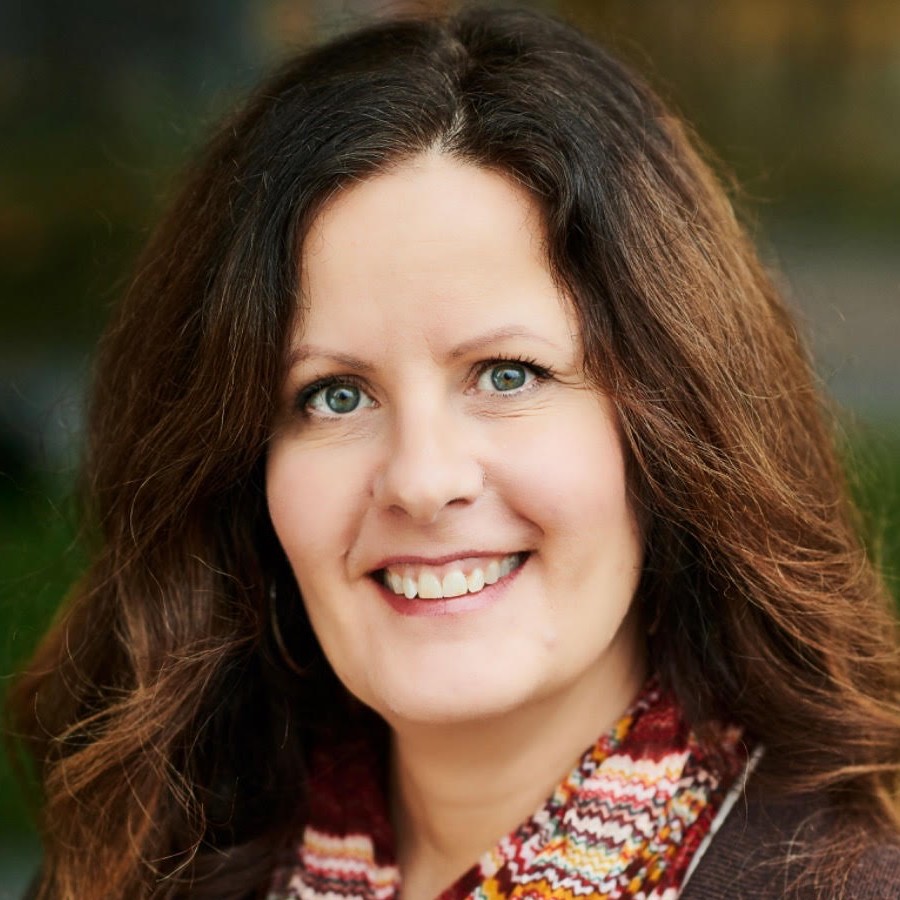
Tracy Poelzer
Education specialist, trainer
University of Groningen
![]()
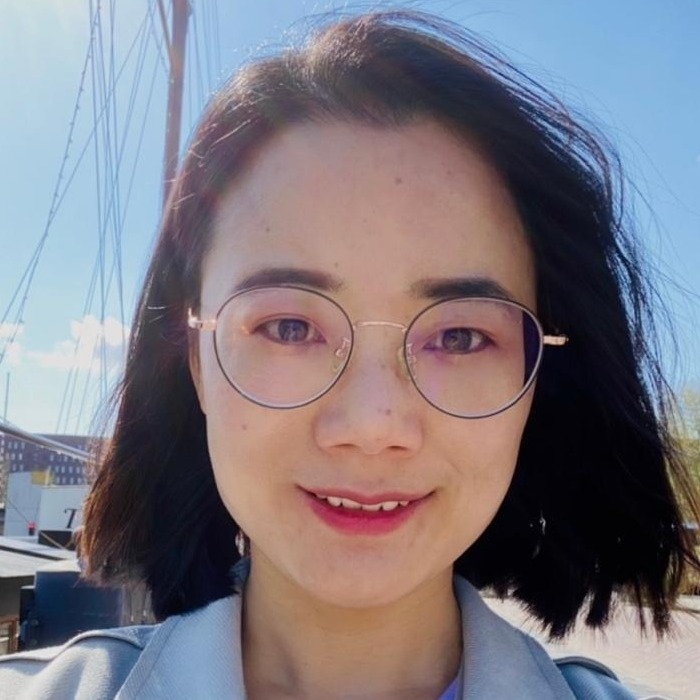
Shaoni Wang
NetLogo model engineer
University of Groningen

Esther Arrindell
Educational Advisor
University of Groningen
The partners
In cooperation with the digital education platform FutureLearn

